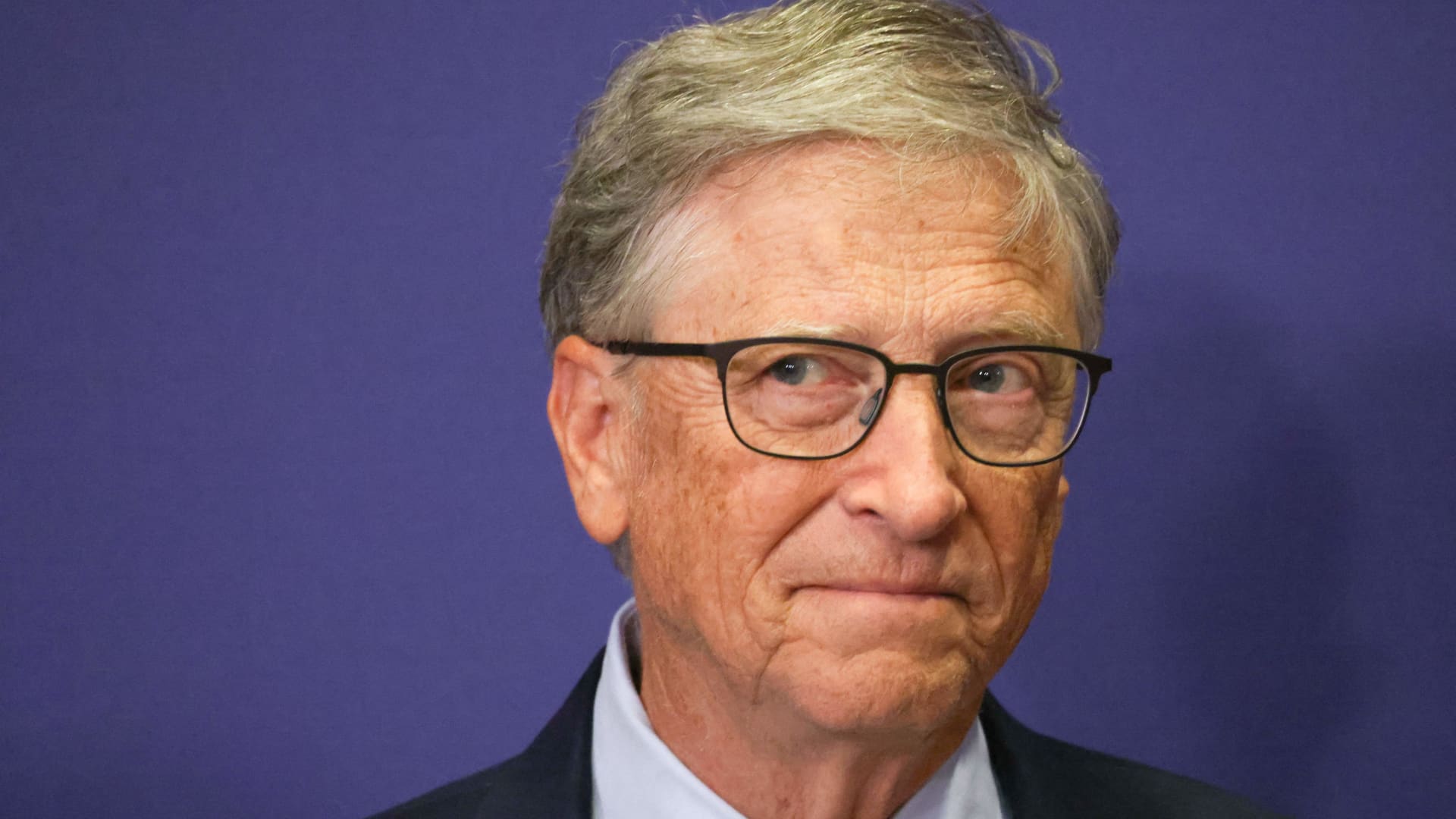If Bill Gates met a time traveler from the year 2100, his first question wouldn’t be about his family, or Microsoft’s stock price.
Instead, he’d ask: Are humans thriving? “In the end, it’s all measured through human welfare,” Gates said on the most recent episode of his podcast, “Unconfuse Me.”
In the episode, the billionaire Microsoft co-founder interviewed University of Oxford data scientist Hannah Ritchie, whose book “Not the End of the World” offers an optimistic take on how the world can win its battle against climate change.
Gates asked Ritchie for her “top questions” to ask a time traveler from the future. Her response: What percentage of the world’s population can live on up to $20 a day in 2100? The answer would reveal quite a bit about poverty rates in the future, and whether “we have made progress on health, agriculture, poverty,” Ritchie said.
Currently, more than 9% of the world — over 700 million people — has to subsist on less than $2.15 per day, a level that indicates extreme poverty, according to the World Bank. If a significant portion of people are living on closer to $20 a day by 2100, especially in lower income countries, that “would be an amazing achievement,” said Ritchie — and a sign that humanity likely made progress in mitigating climate change.
“My assumption would be that climate change hadn’t had extremely devastating impacts, where agriculture was ruined and health outcomes were really poor, and people were plunged into poverty,” Ritchie said.
At first, Gates said he’d prefer to inquire about energy production and artificial intelligence. “How are you generating energy? Is it fusion or fission or some unexpected thing?” he asked. “And then understand how the AI was either helping them come together … or how they dealt with that challenge.”
Fusion and fission are types of nuclear energy. Gates has touted both as promising clean energy sources — co-founding nuclear energy startup TerraPower in 2006 — that can help fight climate change.
Gates has also pushed back on various doomsday scenarios around the advancement of AI, saying the technology can eventually help the world solve global challenges in areas like health and education. He still serves as an advisor to Microsoft, which has invested billions of dollars in AI research startup OpenAI, after leaving its board of directors in 2020.
But upon reflection, despite his personal interests in energy and AI, Gates changed his mind and aligned his response more closely with Ritchie’s question. The best inquiry would be one that reveals the general well-being of humans across the globe, he said.
“You’re right,” said Gates. “The report card isn’t the tactics. It’s the quality of life.”
Want to land your dream job in 2024? Take CNBC’s new online course How to Ace Your Job Interview to learn what hiring managers are really looking for, body language techniques, what to say and not to say, and the best way to talk about pay.


